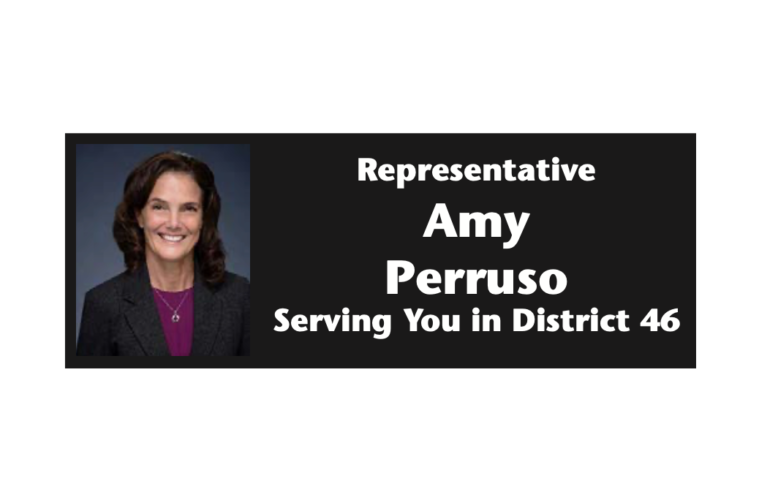The North Shore community is fortunate to be home to a wide range of local food producers who showcase the diversity of Hawaiʻi’s food system—from small, organic farmers, to coffee and chocolate grow- ers, to kānaka maoli working to restore loko iʻa and re- vive indigenous foodways. We are proud of our ability to nourish our community, along with the ʻāina we call home.
But, we have also inherited an agricultural econo- my dominated by large corporations who continue to exploit and contaminate the environment. Recently, the Hawai’i Alliance for Progressive Action compiled data showing that over 215,000 pounds of restricted use pesticides were released across Central Oahu and the North Shore in 2019. Many pesticide-impacted ar- eas sit within a mile of homes and schools. Pesticide users sprayed 23 different kinds of pesticides in those areas that year. This included 13 that are banned in other countries, 12 known to disrupt human hormones and four known carcinogens. But it did not include neo- nicotinoids, a class of neurotoxic insecticides that have been destroying bee and pollinator populations around the world.
Confronted by this alarming reality, one of my leg- islative priorities has been to envision a better future for our food system through a two-pronged approach: first, by incentivizing sustainable best practices, and second, by increasing regulations on restricted use pesticides that harm our bodies and environments.
On the first front, we have seen some exciting suc- cesses. This legislative session, we are moving for- ward several innovative measures that would advance our efforts. We are working to establish a working group within the Department of Agriculture that would develop a comprehensive plan to build a more resil- ient food system. We are also moving forward a bill to establish a Healthy Soils program that would provide farmers with educational and technical assistance to implement farm management practices that contribute to healthy soils that can more effectively nourish crops and sequester carbon. And–of special interest to the farmers in our district–we are pushing for legislation that would provide an income tax credit for farmers, ranchers, and fishers to incentivize growth in our local agricultural economy. Finally, we are working to pro- tect water rights for kalo farmers and to restock loko i’a, or traditional fishponds.
On the second front, we have encountered more resistance. This session, our bills to 1) increase penal- ties for pesticide use violations, 2) improve reporting requirements for pesticide applications, 3) expand buf-
fer zones around schools and parks to reflect evidence- based standards of safety, and 4) add malathaion and neonicotinoids to the list of restricted use pesticides, all died in both the House and the Senate. This tells us that large corporations continue to hold undue influ- ence over policy making, and reminds us that we, as a community, must work harder to hold these corpora- tions accountable. The only reason we have reliable data on pesticide usage is thanks to on-the-ground or- ganizing by community members who fought for years to pass Act 45 in 2018, which mandated annual report- ing on restricted use pesticides. While that was a huge victory, it was also just the first step in protecting our island home from irresponsible agricultural practices.
Cultivating a food system that nurtures our bodies, our communities, our lands, and our waters, is no small feat. But we can do this if we are willing to challenge the model of corporate agriculture that has dominated for the last century, embrace the incredible indigenous knowledge that has sustained life on these islands for generations, and support our food producers to make responsible, sustainable, and regenerative choices. Ul- timately, a healthy food system means a healthy com- munity. Let’s grow one together. repperruso@capitol.hawaii.gov



